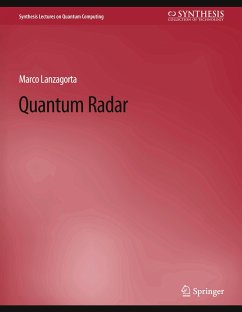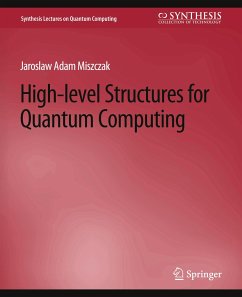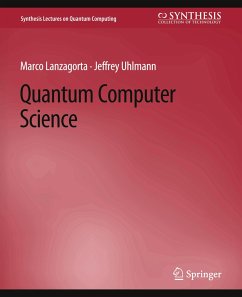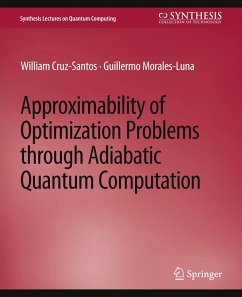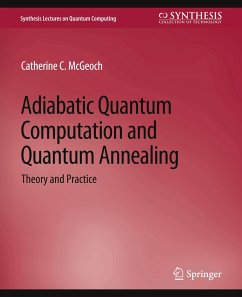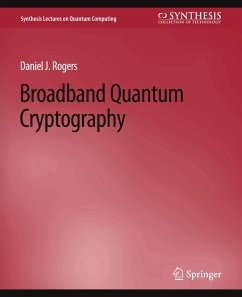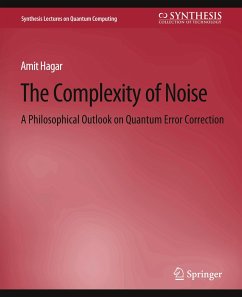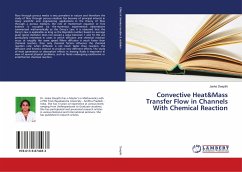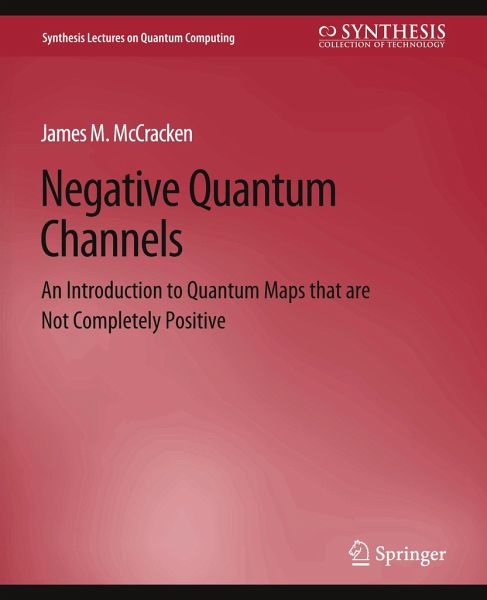
Negative Quantum Channels

PAYBACK Punkte
0 °P sammeln!
This book is a brief introduction to negative quantum channels, i.e., linear, trace-preserving (and consistent) quantum maps that are not completely positive. The flat and sharp operators are introduced and explained. Complete positivity is presented as a mathematical property, but it is argued that complete positivity is not a physical requirement of all quantum operations. Negativity, a measure of the lack of complete positivity, is proposed as a tool for empirically testing complete positivity assumptions.Table of Contents: Preface / Acknowledgments / Introduction and Definition of Terms / ...
This book is a brief introduction to negative quantum channels, i.e., linear, trace-preserving (and consistent) quantum maps that are not completely positive. The flat and sharp operators are introduced and explained. Complete positivity is presented as a mathematical property, but it is argued that complete positivity is not a physical requirement of all quantum operations. Negativity, a measure of the lack of complete positivity, is proposed as a tool for empirically testing complete positivity assumptions.Table of Contents: Preface / Acknowledgments / Introduction and Definition of Terms / Tomography / Non-Positive Reduced Dynamics / Complete Positivity / Physical Motivation of Complete Positivity / Measures of Complete Positivity / Negative Channels / Negative Climates with Diagonal Composite Dynamics / Rabi Channels / Physical Motivations for Sharp Operations / Negative Qubit Channel Examples with Multi-Qubit Baths / Proposed Experimental Demonstration of Negativity / Implications of Negative Channels / Uses for Negative Channels / Conclusions / Bibliography / Author's Biography





